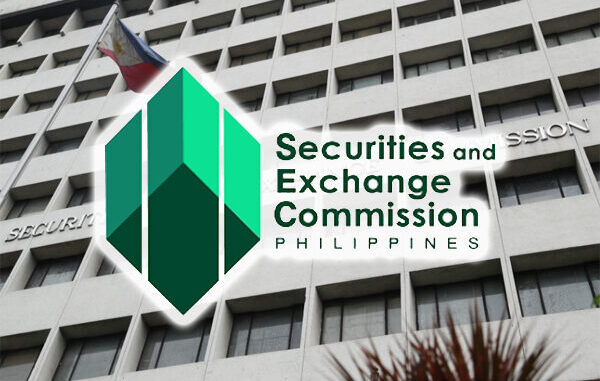
The Securities and Exchange Commission (SEC) said it is committed to ensuring reforms as the Philippines moves to exit the Financial Action Task Force (FATF) grey list.
The FATF announced over the weekend that “the Philippines has substantially completed its action plan”, consisting of 18 items that have kept the country under increased monitoring since June 2021.
It warned that if the remaining items were not addressed, the Philippines risked entering the blacklist. Being on the blacklist would lead to restrictions on financial transactions and could result in failed transactions, delays and higher costs for consumers.
The FATF Asia/Pacific Joint Group will visit the Philippines early next year to verify if the country is implementing and sustaining its anti-money laundering and combating the financing of terrorism (AML/CFT) reforms.
“This significant milestone demonstrates the Philippines’ strong commitment to tackling money laundering and terrorism financing,” said SEC chairperson Emilio Aquino.
“On our part, the SEC will continue investing in digitalizing and optimizing resources. We will also remain dedicated to transparency and compliance as we work with local and international partners to strengthen our AML/CFT efforts,” said Aquino.
The SEC said that to improve corporate compliance, it launched an amnesty program in 2023. This raised the compliance rate from about 30 percent to nearly 70 percent within two years. The SEC has since imposed higher penalties to emphasize the importance of transparency.
The SEC said it also invested in technology and resources to enhance its AML/CFT reforms. It developed tools like the Electronic Filing and Submission Tool (eFAST) and the Electronic Simplified Processing of Application for Registration of Company (eSPARC). These tools make registration and compliance easier and improve data exchange.
Since 2021, the SEC has processed thousands of data requests for investigations and also worked with the United Nations Office on Drugs and Crime to train law enforcement on using beneficial ownership effectively.
The SEC said it established a regulatory framework to address terrorism financing risks related to vulnerable NPOs. This framework protects legitimate activities while assessing risks based on international standards.
It said to ensure compliance with targeted financial sanctions (TFS), the SEC set standards for its covered persons. These individuals have shown improvements in risk-based policies and TFS compliance.
The SEC said it collaborated with regulatory bodies, law enforcement, and non-profits to conduct audits and workshops. This strengthens understanding and implementation of TFS.
“Looking forward, the SEC is committed to sustaining its AML/CFT reforms through enhanced supervision, continuous audits, and the inclusion of beneficial ownership registry initiatives in its strategic plan for 2023 to 2028,” Aquino said.
“These measures underscore the SEC’s long-term commitment to protecting the financial system against illicit activities while supporting the Philippines’ journey toward a full exit from the FATF grey list,” he said.


Be the first to comment